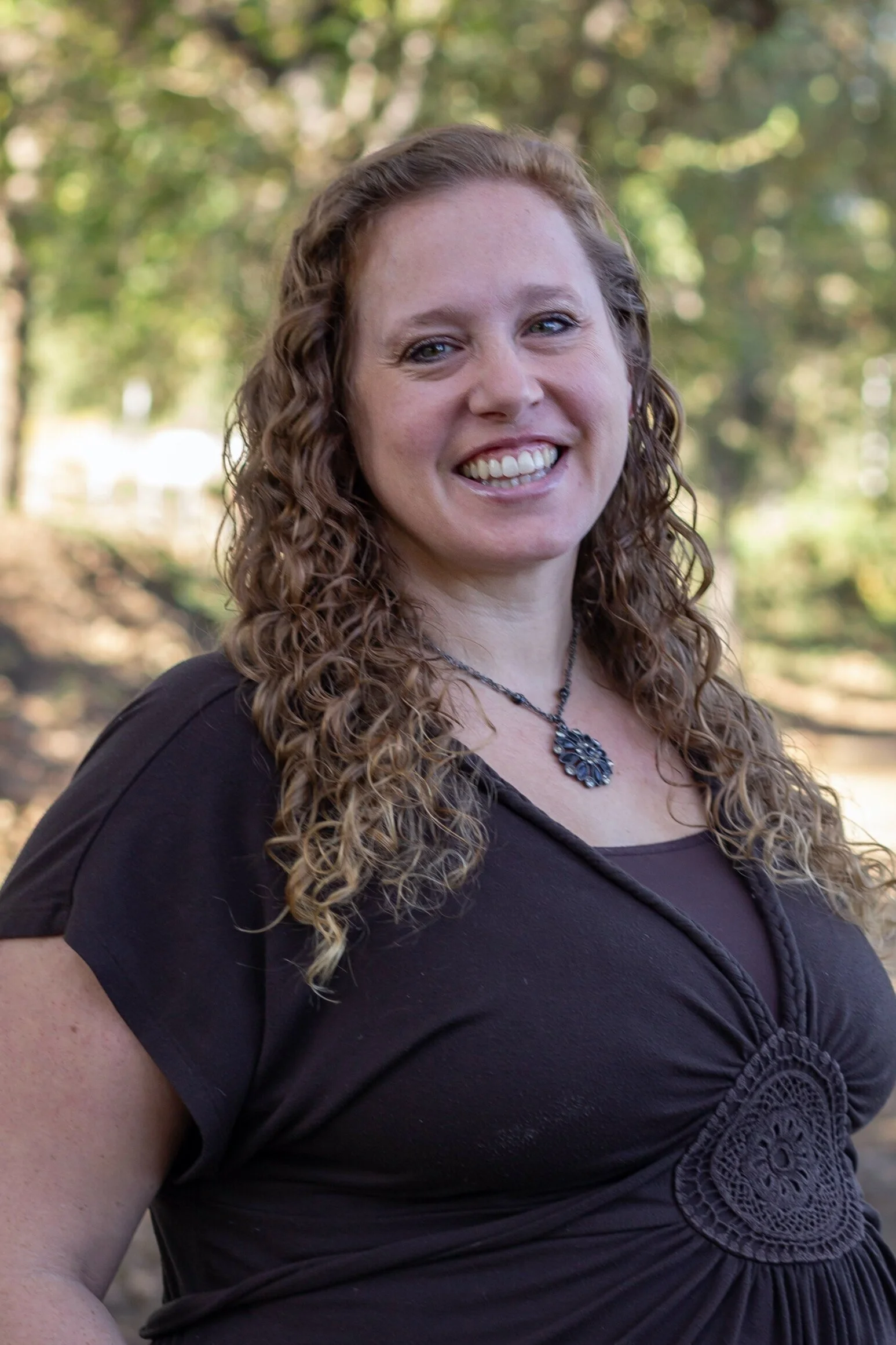
Counseling
You were created for connection.
If you’re currently experiencing a traumatic situation or have suffered a recent loss, then we suggest starting with counseling. (It’s also a great session after a Sozo.)
Counseling is helpful for:
Individuals, couples, and families at all stages of life.
Processing past/current trauma or a recent Sozo
Building skills for connection, healthy boundaries & communication
Resolving conflict (and ending toxic relationships if necessary)
Our Counselors
-
Counseling is a great way to process past and current situations in your life with a trusted, 3rd-party professional. Your counselor will provide a new perspective, ask powerful questions, and help you build healthier relational tools.
Depending on their area of expertise, your counselor may be able to provide insight into the spiritual or mental health issues that are impacting your life. You and your counselor will be able to address emotional and spiritual wounds that are holding you back.
-
Counseling is a process-based service, which means that you’ll likely see your counselor on a consistent (weekly, bi-weekly, etc.) basis for a period of time. The focus of counseling is processing pain and building new/healthier relational tools. It’s a great follow-up service after a Sozo.
Sozo, on the other hand, is not a process-based service. It is a gentle deliverance and inner-healing ministry, with sessions typically scheduled on an as-needed basis. Sozo focuses on reconnecting you to God in any areas of disconnect, so that you can be free of spiritual/emotional root issues that are holding you back.
-
Counseling and coaching are both process-based services where you’ll likely meet with your minister on a consistent basis for a period of time.
Counseling is typically focused on processing past or current pain and working through healing.
Coaching, however, is a future-focused service. It’s intended for individuals who are 1) in a relatively healthy and stable emotional space, and 2) ready to move towards their goals/dreams but feel stuck in some way. A coach will ask powerful questions to help you uncover your desires and help you determine a plan to move forward.
-
We offer clinical counseling, pastoral counseling, Brainspotting* and EMDR.* Our counselors have a variety of backgrounds, trainings, and certifications. Please see each minister’s biography for more information.
-
Brainspotting (or BSP) is a type of therapeutic modality that locates points in the client’s visual field that help to access unprocessed trauma in specific parts of the brain. Its goal is to bypass the conscious thinking in order to access the deeper parts of the brain that are based on emotion and physiology.
This service will begin with preparatory counseling sessions that will help map out memories that can be targeted during brainspotting. -
EMDR stands for Eye Movement Desensitization and Reprocessing therapy and is a mental health treatment technique. This method involves moving your eyes a specific way while you process traumatic memories. EMDR’s goal is to help you heal from trauma or other distressing life experiences. In the initial session, the minister will assess the client to see if EMDR would be helpful for the client at this time. If not, the minister will meet with the client in counseling sessions to help prepare the client for EMDR.
-
It’s common to book weekly or bi-weekly appointments with your counselor for a period of time.
We suggest that you and your counselor discuss a plan during your first meeting about how often to book.
-
Not at this time.
However, Simple Practice automatically generates super bills for you that can be submitted to your insurance for reimbursement IF you work with a licensed therapist on our team who assigns you a mental health diagnosis code. Check with your insurance provider before booking a session to see if they’ll accept a Superbill for reimbursement, and if so, what their parameters are for that.
Please note that not all of our therapists offer diagnosis codes, and we highly suggest confirming with them directly during your first session whether or not they can.

























